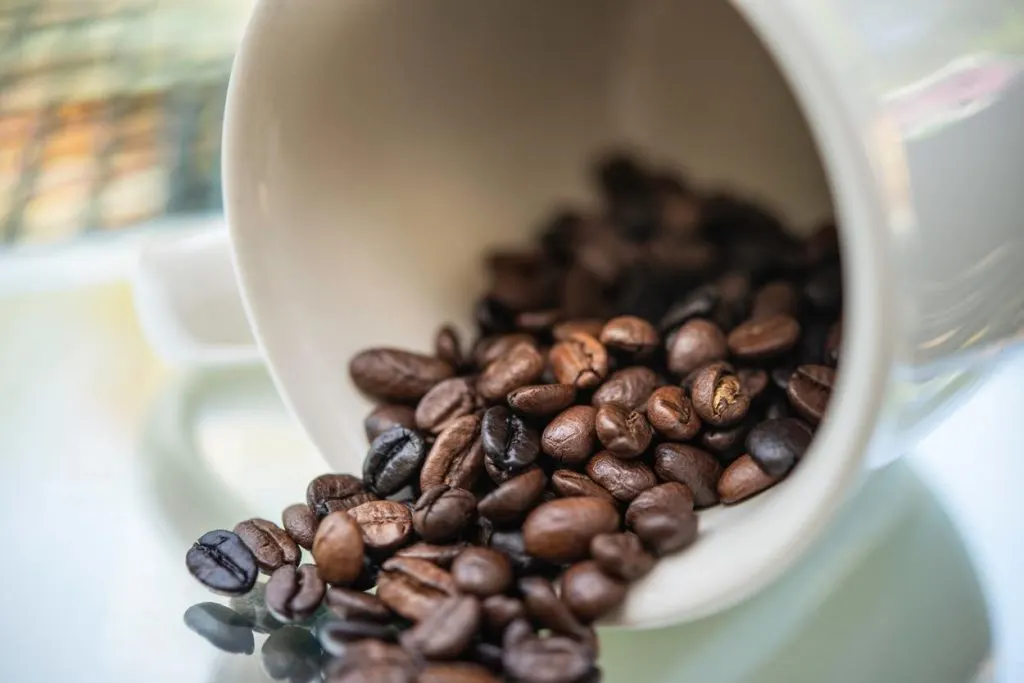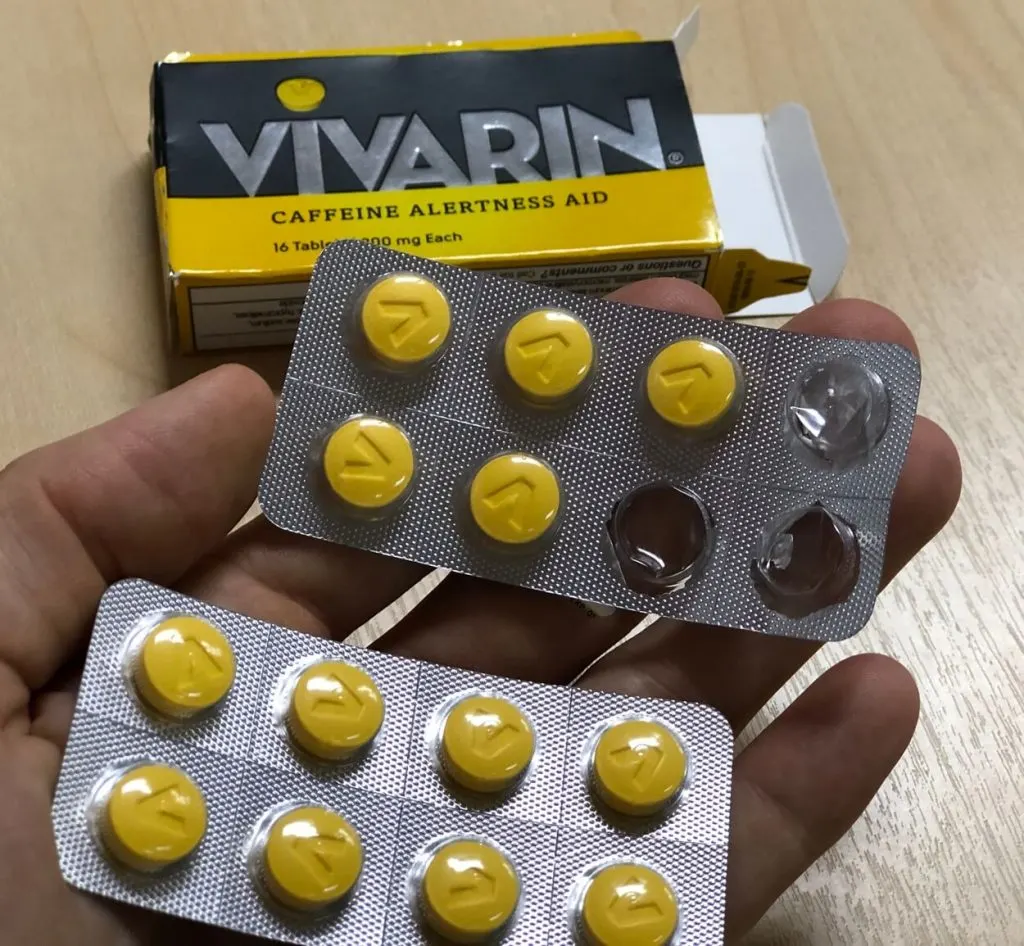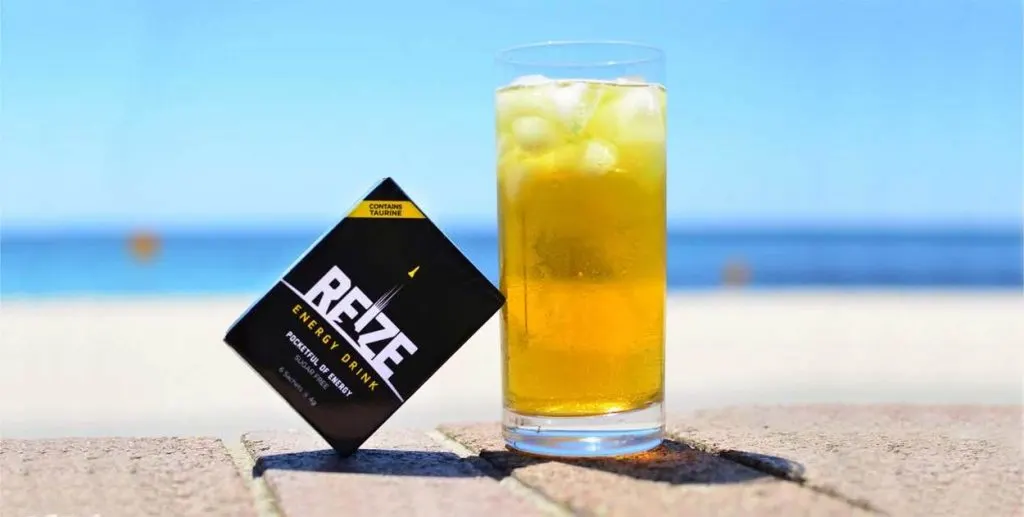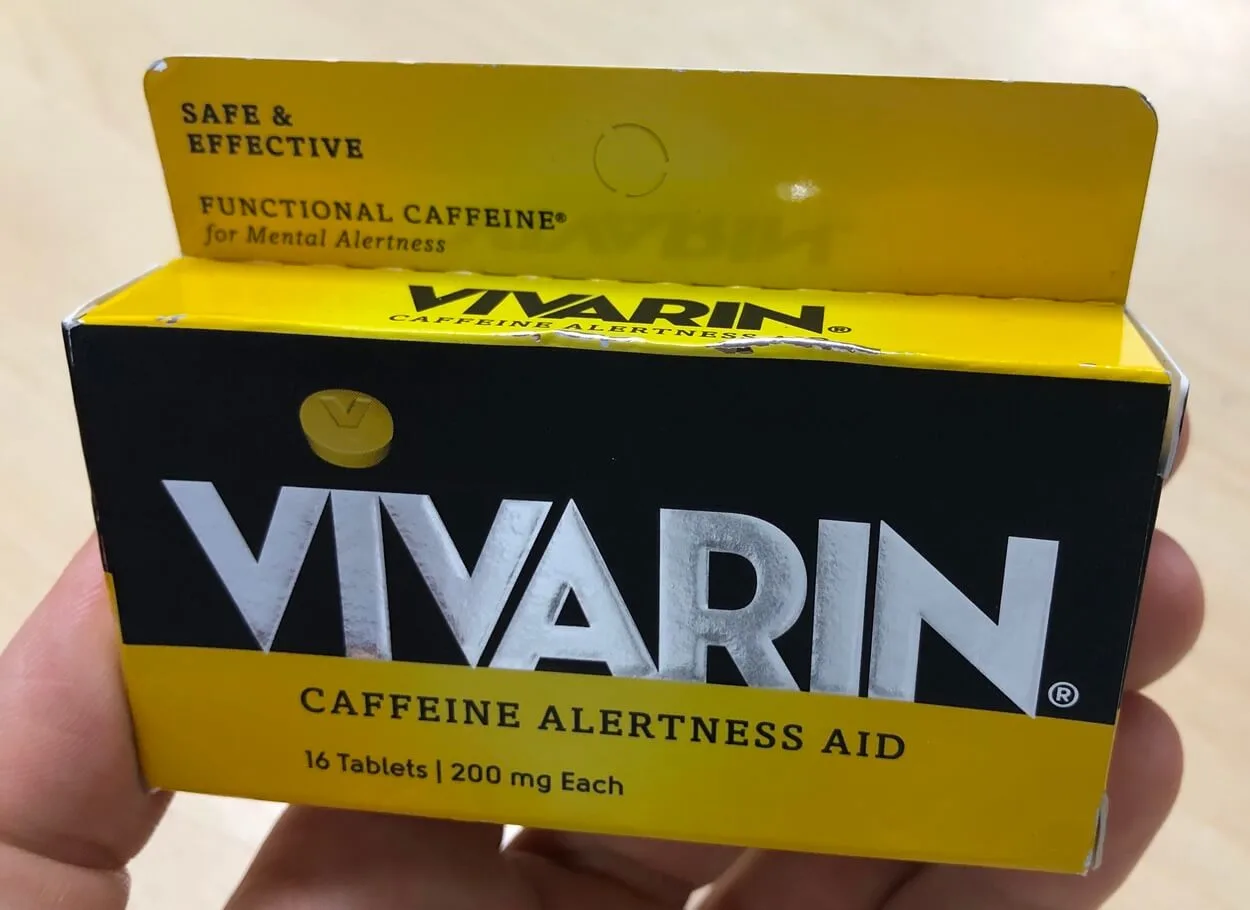Caffeine tablets are a popular method for boosting energy levels and mental concentration, usually for work or study.
Like a cup of coffee or a can of energy drink, caffeine tablets can keep you awake and focused for a short period of time.
However, what exactly are caffeine tablets, and how do they compare to energy drinks?
For a more detailed discussion, read on to find out more about caffeine tablets, from their benefits and side effects to a list of decent recommendations.
What Are Caffeine Tablets?
Caffeine is a natural stimulant that’s commonly sourced from coffee beans, tea leaves and cacao plants.
While coffee and tea usually have natural caffeine, this stimulant is also added to other products such as energy drinks, sodas, colas, energy bars, and caffeine tablets.
Caffeine tablets can consist of either natural or synthetic forms of caffeine and contain between 50mg to 200mg per tablet.
Unlike your usual energy drinks or colas, caffeine tablets are sugar-free and contain zero calories, though they may also have inactive ingredients like fillers, coloring agents, and other additives.
How Much Caffeine Is Usually In A Caffeine Tablet?

A caffeine tablet usually has 200mg of caffeine for an optimal energy boost, but the caffeine content of these tablets can range from 50mg to 200mg.
That’s nearly similar to a cup of a coffee, or a can of Red Bull (80mg per 8.4 fl.oz).
Since different brands of caffeine tablets have varying levels of caffeine, you have more options when it comes to deciding on the right brand for your personal energy needs.
Are Caffeine Tablets Safe?
Caffeine tablets are generally safe provided you consume them in moderation.
Similar to energy drinks and other caffeine-containing beverages, caffeine tablets are safe for consumption.
That said, if you’re sensitive to caffeine, you may have to steer clear of these supplements as you could experience adverse reactions from them.
Caffeine tablets might also not be suitable for children, pregnant or nursing women, and those with health conditions like high blood pressure and heart-related illnesses.
Of course, even if you’re generally in good health, keep in mind that caffeine must be consumed in moderate amounts.
For guidance, the FDA recommends a daily limit of up to 400mg of caffeine for healthy adults. Anything else than that, and you may encounter results like:
- Restlessness and shakiness
- Dizziness
- Insomnia
- Headaches
- Rapid heart rhythm
Furthermore, toxic levels of caffeine may be reached by taking too many tablets. It is possible to overdose on caffeine and experience unconsciousness or even death after ingesting only 1-5 grams. Overdosing on caffeine is particularly possible when using bulk powder or liquid caffeine supplements, which contain pure or highly concentrated caffeine.
Therefore, be sure to monitor the number of caffeine tablets you have per day, and try not to double down on other caffeinated beverages on the same day as well.
Are Caffeine Tablets Safer Than Energy Drinks?
Caffeine tablets can be safer than energy drinks regarding having zero calories and sugar, but your consumption with these supplements is harder to regulate.
Of course, not all energy drinks are sugary and high in calories, as brands like Celsius, Aspire and Raze are completely sugar-free and low in calories. But, they do contain artificial or natural sweeteners, along with a bunch of amino acids, vitamins, and additional ingredients.
On the other hand, caffeine tablets can definitely give you a boost without leaving any impact on your overall diet. Plus, they also lack artificial sweeteners and are less addictive compared to energy drinks.
That said, you may find it difficult to monitor your caffeine tablet consumption, as you can easily swallow it and have another later once the effects of the caffeine wear off.
In any case, caffeine tablets aren’t that much safer compared to energy drinks, it really boils down to moderating your intake.
Caffeine Tablets VS Energy Drinks – Pros And Cons
| Standard Values | Vivarin Caffeine Tablets | Red Bull (8.4 fl.oz) | Monster (16 fl.oz) |
| Caffeine Content | 200mg | 80mg | 160mg |
| Sugar Content | 0g | 27g | 54g |
| Calories | 0g | 110 calories | 210 calories |
First off, caffeine tablets are generally more convenient to bring around compared to ready-to-drink energy drinks. It’s way easier to store tablets whether it’s in your car or bag than a can.
Plus, caffeine tablets are more affordable than energy drinks. You can get a pack of 32 tablets for around $15, which means that one tablet is only around $0.60. Caffeine tablets will also take longer for you to finish, unlike energy drinks which you can drink in one sitting.
Overall, if you do some calculations, you’ll see that energy drinks make a big fraction of your expenditures, especially if you consistently drink them.
Furthermore, caffeine tablets are more environmentally friendly, at least according to this writer. These supplements usually come in small cardboard boxes or plastic bottles, which you recycle at a recycling center or repurpose in your own home.
That said, energy drinks are more delicious and they come in various flavors. You can grab your energy drink straight out of the fridge and quench your thirst while enjoying the taste.
You can also feel the effects of the caffeine kick in, as well as the increase in your alertness and mental focus.
Besides, for some people, caffeine tablets may not be effective for them, as everyone experiences caffeine differently.
Caffeine tablets are also easier to abuse, as they don’t fill you up like energy drinks, and you won’t notice you’ve gone overboard until you fall sick.
All in all, caffeine tablets and energy drinks have distinct advantages and disadvantages, so it really falls into your personal preferences and needs as to which caffeinated option is better for you.
Benefits Of Caffeine Tablets
Now, what gives you energy are not the tablets itself, but the caffeine within these supplements.
Caffeine tablets work like any other caffeinated beverage, as they can boost your energy levels and make you more awake. The difference is caffeine tablets are easier to consume, and their energy boost might be pretty mild, depending on your caffeine metabolism.
Aside from that, the caffeine in these tablets carry several benefits, including improving your exercise performance.
A 2017 study involving elite swimmers reported that mean sprint time significantly improved after the consumption of caffeine 1 hour before a repeat-sprint freestyle set.
Plus, caffeine can also enhance cognitive functions, such as reaction time, attention, and vigilance. A study involving 24 volunteers reported that attention span and memory improved after the consumption of a Red Bull.
Of course, while caffeine can definitely benefit you in many ways, be sure to monitor your intake and consume caffeine within the recommended daily limit.
Side Effects Of Caffeine Tablets
Caffeine can have pretty serious side effects if you overconsume it. Since caffeine tablets practically have no taste and can easily be swallowed, you run the risk of overdosing on caffeine.
Here are some potential adverse effects if you have too many caffeine tablets:
- Jitter and shakes
- Dizziness
- Irritability
- Heartburn
- Muscle tremors
- Diarrhea
- Nausea
- High blood pressure
- Dehydration
Thus, make sure to moderate your caffeine tablet intake, and avoid having other caffeinated beverages in the same day to stay on the safe side.
Best Caffeine Tablets
Vivarin Caffeine Pills

Marketed as an alertness aid, Vivarin is an easy and time-saving energy booster in keeping you awake and alert.
Each Vivarin tablet contains 200mg of caffeine, which should provide you with a strong boost that could last for several hours.
Plus, Vivarin doesn’t contain any natural or artificial sweeteners and is basically calorie-free. That said, it includes many inactive ingredients, which help bind the caffeine into a solid form.
Performance Lab Stim Caffeine Capsules
Clean, healthy with a controlled dosage, Performance Lab Stim aims to provide a great energy boost with fewer side effects and superior performance-focused stimulation.
A single capsule of Stim has 50mg of natural caffeine made from coffee seeds, along with a generous serving of B vitamins and amino acids like L-Theanine and L-Tyrosine.
Stim is also vegan-friendly, gluten-free, soy-free and doesn’t contain any synthetic additives or allergens.
MyProtein Pure Caffeine Tablets
Advertised as a performance booster, MyProtein Pure Caffeine Tablets offers a simple and quick alternative to combat fatigue and boost your energy levels.
Each MyProtein tablet contains 200mg of caffeine, with a handful of synthetic ingredients.
MyProtein tablets are gluten-free, vegetarian-friendly, and vegan. However, if you happen to allergic to milk, soy, and other allergens, you might need to be warier as these tablets are made in the same facility that handles allergens.
Alternatives To Caffeine Tablets
Caffeine tablets are undeniably more affordable than your usual cup of coffee or energy drinks, but they aren’t as delicious and are more difficult to moderate in terms of intake.
If you’re looking for some energy drinks with great taste and benefits, here’s a quick list of suggestions that you might find helpful:
You can also consider powdered energy drinks, as they also offer many flavours and can easily be personalised based on your preferences:
- G Fuel
- Zipfizz
- Advocare Spark
- REIZE (my favorite)
REIZE (10 Out Of 10)

While caffeine tablets might be a quicker alternative in getting your daily dose of caffeine, you can’t really savor their taste. So, how about something better with less caffeine and a refreshing taste?
REIZE is a powdered energy drink that comes in light and convenient 4g sachets. With a reasonable 50mg of caffeine, REIZE is sugar-free and consists of only 11 calories per serving.
Plus, REIZE is packed with a smart blend of beneficial ingredients like taurine, ginseng, and B-group vitamins that work together to give you the perfect energy boost without the dreaded sugar crashes.
The best part is that REIZE ships to your doorstep for only $1 per sachet, which is amazing value for money.
Give REIZE a try today, and you might agree that it’s a smarter and tastier choice compared to caffeine tablets.

